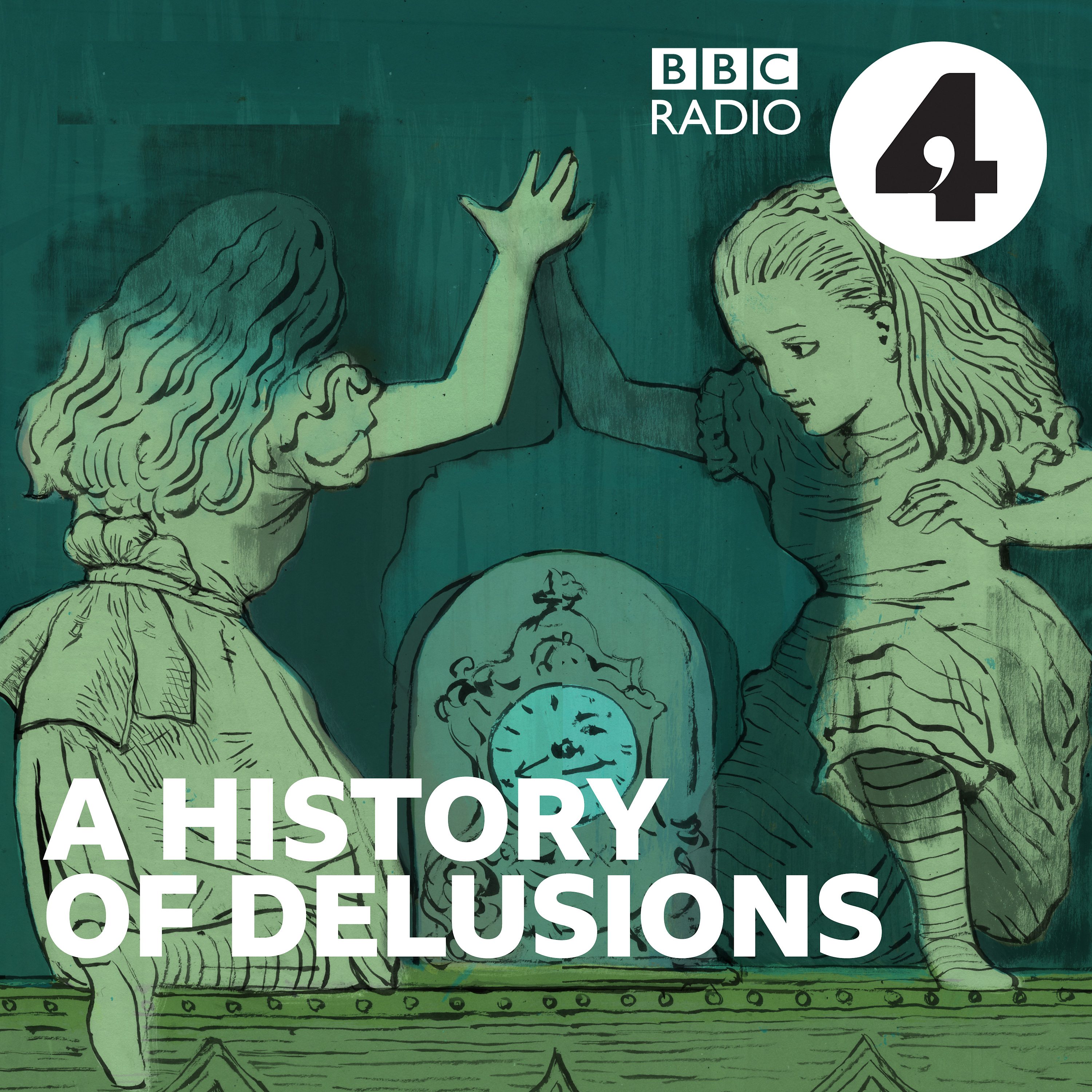Long Shadows: Trauma and Delusions
Description
Clinical psychologist Professor Daniel Freeman continues his exploration of delusions, looking at historic and contemporary case studies.
In this programme, he looks at delusions relating to trauma.
He begins with a case study from 1800 recorded by the pioneering mental health physician Philippe Pinel in Paris, of a man who believed he had lost his head on the scaffold. It is one of many accounts of how guillotine trauma created delusional responses in people during the French Revolution.
It is vivid cases such as these most likely to be recorded in psychiatric studies. But today there is a growing awareness of the "clinician's illusion" and how mental health services see only the rare, extreme end of a continuum. Delusional thinking is actually more common then once thought, and for most people it is not problematic or in need of care.
In fact, is there an untold story in the history of delusions - that they can be helpful?
Daniel talks to John about the delusion he believes sustained him in the aftermath of a traumatic childhood.
Produced by Victoria Shepherd and Eve Streeter
A Greenpoint production for BBC Radio 4
More Episodes
Psychologist Professor Daniel Freeman concludes his exploration of delusions, looking at both historic and contemporary case studies.
In the final programme he examines the latest thinking on the causes of and treatment for delusional thinking.
Daniel looks at the latest research suggesting...
Published 12/14/18
Published 12/14/18
Clinical psychologist Professor Daniel Freeman explores cases of delusions - strongly held, preoccupying false beliefs.
In this series he unearths case studies from the archives dating back to the Renaissance, he meets people who have recently experienced delusions, and finds out about new...
Published 12/13/18


